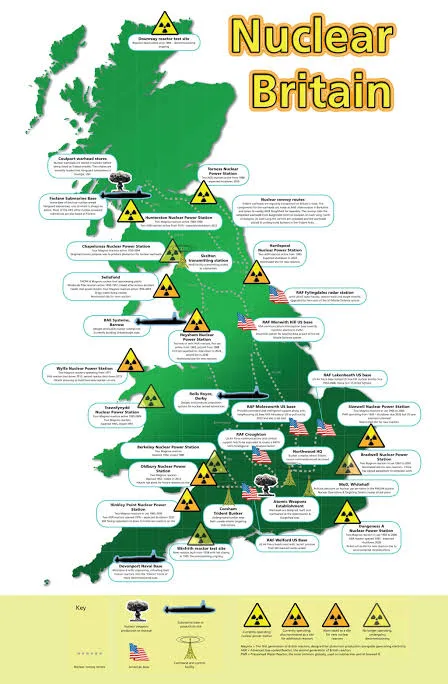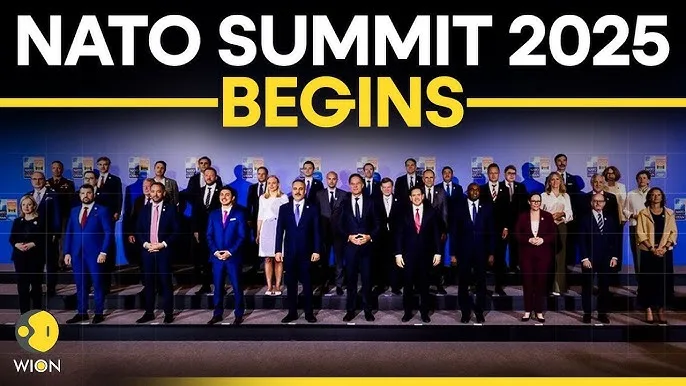The UK government has announced plans to purchase a new squadron of nuclear-capable fighter jets, marking the biggest expansion of the country’s nuclear deterrent since the end of the Cold War. The decision comes amid growing concerns over global security and the increasing threat of nuclear attacks.
Key Points:
- The UK will buy 12 F-35A fighter jets, a different variant from the F-35Bs already flown from Britain’s aircraft carriers.
- The jets will be equipped with American B-61 nuclear gravity bombs, capable of killing thousands.
- The £80 million deal will see the jets deployed with nuclear bombs as part of a Nato mission in a moment of crisis.
- American nuclear weapons are expected to be stored on British soil for the first time since 2008.

Prime Minister’s Statement:
“We can no longer take peace for granted,” said Prime Minister Sir Keir Starmer. “In an era of radical uncertainty, my government is investing in our national security, ensuring our armed forces have the equipment they need and communities up and down the country reap the benefits from our defence dividend.”

Nato Summit and US Involvement:
The announcement comes as President Trump joins leaders at the Nato summit in the Hague. Trump questioned whether the US would automatically come to the aid of European allies under Article 5, saying “it depends on your definition.” Nato Secretary-General Mark Rutte sent Trump a personal message praising his “decisive action in Iran” and welcoming him to the summit.
Rationale Behind the Decision:
The UK’s decision to expand its nuclear deterrent is seen as a response to the growing nuclear capabilities of Russia and China. Both countries have different levels of nuclear deterrent in the form of tactical and strategic weapons. The UK’s current nuclear posture is limited to a single delivery mechanism, with four Vanguard-class boats armed with Trident II D5 nuclear missiles.

Defence Secretary’s Comments:
“The decision followed a strategic defence review that confirmed we face new nuclear risks, with other states increasing, modernising and diversifying their nuclear arsenals,” said Defence Secretary John Healey.
Implications:
The move is considered crucial to match Russia and China’s capabilities and marks a significant shift in the UK’s defence posture. The UK will join seven other Nato nations contributing to the alliance’s nuclear mission, with the use of nuclear weapons requiring authorisation from the alliance’s nuclear planning group, the US president, and the British prime minister.
